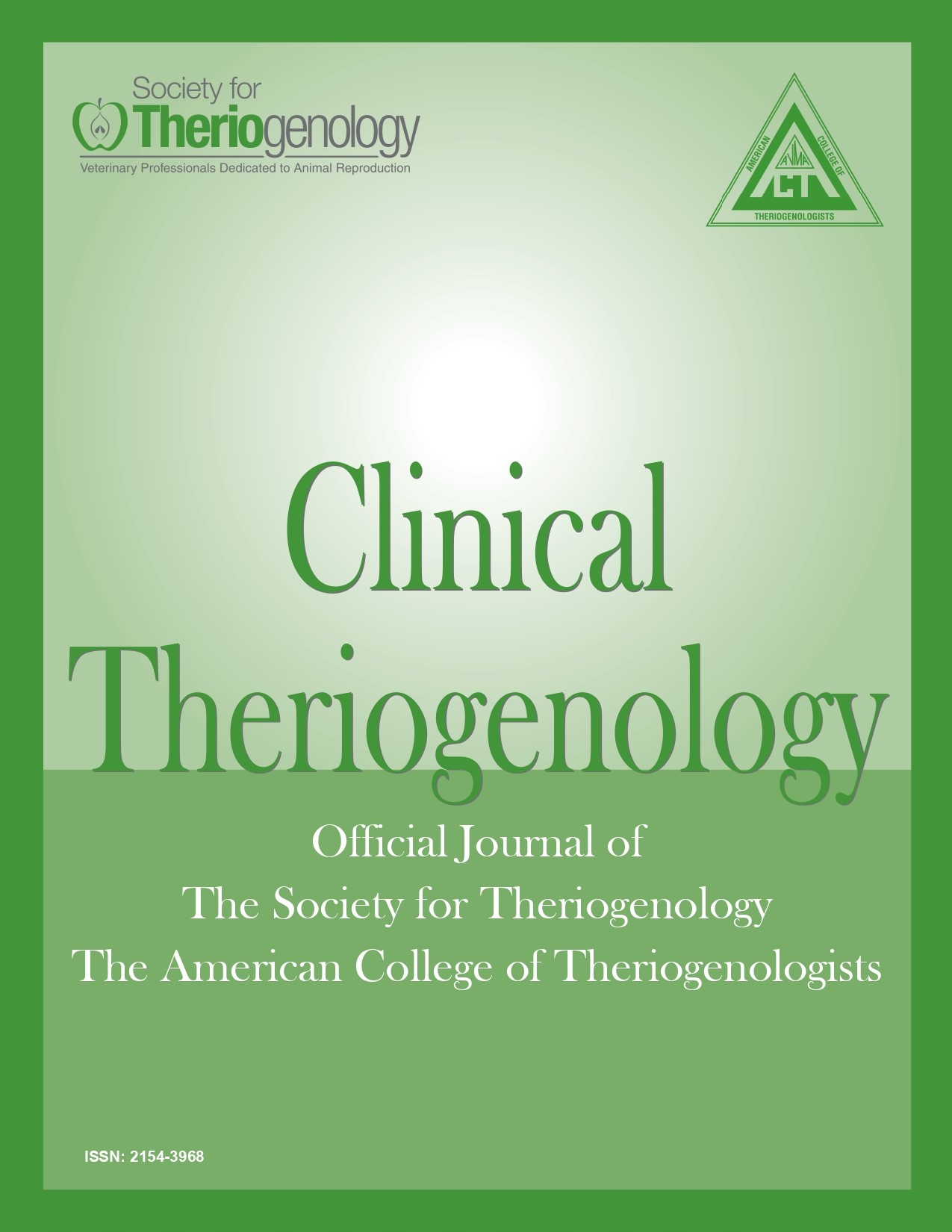Impacts Of Metabolism And Nutrition During The Transition Period On Fertility Of Dairy Cows
Abstract
In early postpartum, high-producing dairy cows undergo a period of extensive tissue catabolism because of negative nutrient balance. Metabolic imbalances can lead to diseases, which are known to depress fertility in dairy cows. Negative nutrient balance has been associated with compromised immune and reproductive functions in dairy cows, and a compromised immune system leads to greater risk of diseases. Low circulating concentrations of glucose and insulin associated with elevated concentrations of non-esterified fatty acids and ketone bodies postpartum have detrimental effects on the oocyte, granulosa and immune cells, disrupting their metabolism and reducing viability. Therefore, minimizing the extent and duration of negative nutrient balance in early lactation is expected to improve fertility. Reductions in circulating concentrations of Ca around parturition are also linked with impaired immune competence and have recently been linked with uterine diseases in dairy cows. Manipulation of the diet to influence metabolic health might benefit fertility. Dietary additives that influence rumen or intermediary metabolism to favor postpartum health, and supplementation with specific fatty acids during early lactation and the breeding period are potential alternatives to offset dietary insufficiencies and reestablish metabolic health in early lactation.
Downloads
Authors retain copyright of their work, with first publication rights granted to Clinical Theriogenology. Read more about copyright and licensing here.





